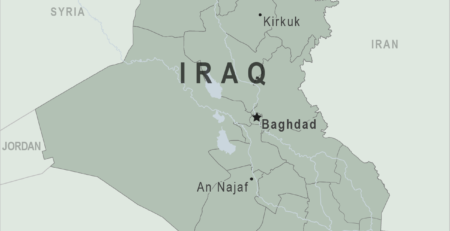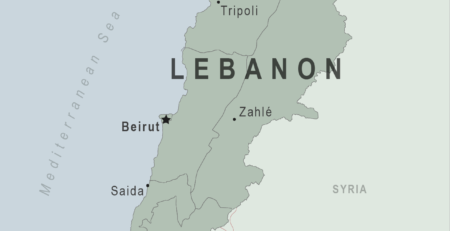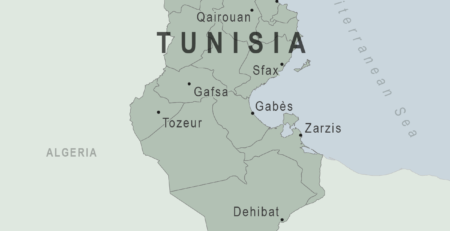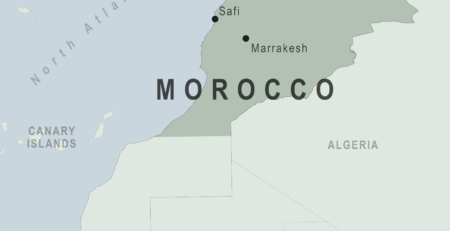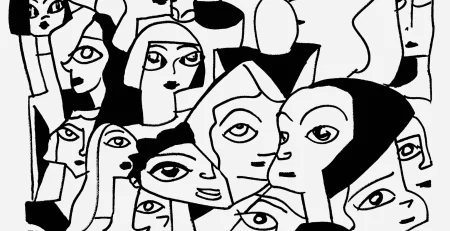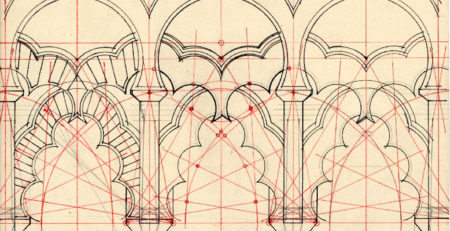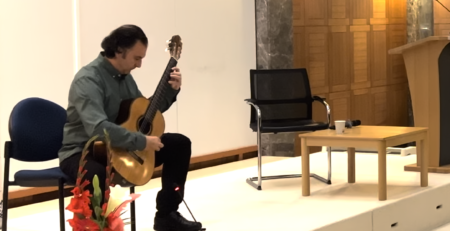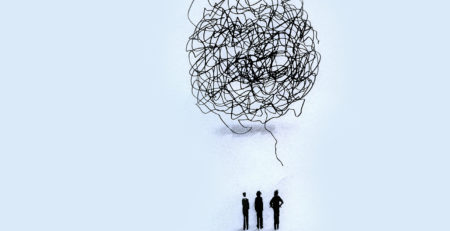Promoting peace in the Sahel region
Fostering inclusive dialogue and peace initiatives in Mali, Chad and the Lake Chad region
Who are we?
Cordoba Peace Institute – Geneva (CPI) is an independent non-profit organisation working on peace promotion. We focus on tensions and polarisations in all societies where Muslims live, and aim to enhance theoretical and practical conflict transformation resources in Muslim majority countries. Founded in 2002, we promote a methodology of conflict transformation adapted to and accepted by local peace actors, parties to conflict and communities. With 20 years of experience, CPI is well-established in Geneva, Switzerland, and has developed unique access and networks in the Muslim-majority world. Our multi-cultural, diverse team of dedicated professionals has enabled us to build relations in both the Western policy and Muslim-majority worlds, guided by our core values of Non-violence, Inclusiveness, Impartiality, Empathy and Independence.
Context
- In the Lake Chad region and Nigeria, even though there have been military successes against Boko Haram since President Muhammadu Buhari’s accession to power in 2015, the armed group is clearly not yet defeated, retains support, and appears to have largely gone underground while exerting its influence in neighbouring countries. Serious and widespread acts of violence in northern Nigeria (including by state actors) continue to cause the flight of many internally displaced people and refugees, many of whom suffer extreme deprivation, lacking even food and water.
- In Mali, the context is marked by the painfully slow implementation of the Algiers Accord, signed in 2015 and ratified in Bamako. Following the signature, Mali faces three main challenges: the lack of inclusivity in the peace negotiations; the mutation of the crisis into a tribal and ethnic conflict; and the challenges of DDR (Disarmament, Demobilisation and Reconciliation) to peace and reconciliation at the local, regional and national levels.
- In Chad, the results of the 2016 elections, which saw incumbent President Idriss Déby secure his 6th mandate, were contested, and the country continues to experience serious economic and social challenges. Chad is heavily engaged militarily in the fight against Boko Haram, both at home and beyond its borders, and this is creating instability and tensions, especially in the Lake Chad region. Intra-Islamic relations have also faced some challenges, in particular between the predominant Sufi Tijani and the Ansar Assunnah (Salafi) movement.
What has been done so far?
- The Sahel Platforms, in which actors from the region meet and exchange ideas, foster inclusivity and pluralism as their participants come from different backgrounds (religious or traditional leaders, academics, media professional, politicians, activists).
- We support regional initiatives, such as observatories and transregional networks, through capacity building, training and advisory work.
- In Mali, we work with local actors from the north, south, and centre to explore the feasibility of implementing an intra-Malian dialogue to engage all actors involved in the conflict following the recommendation of the “Conférence d’entente nationale”, held in Bamako in 2017.
- In Chad, we work with humanitarian actors from various backgrounds to implement collaboration in the field of relief aid. The goal of this project is to contribute to social well-being and to decrease potential tensions between communities and adherents of different religious trends.
- In the Lake Chad region and Nigeria region CPI supports local actors who are recognized as legitimate religious authorities within their communities, and who are working to decrease levels of violence and extremism and the involvement of youth with armed movements such as Boko Haram.
Goals
- To prevent the escalation of violence related to extremist discourses and practices, both by state and non-state actors;
- To promote peaceful coexistence between communities of different ethnic, cultural and religious affiliation;
- To address specific issues related to the exclusion of religious actors;
- To encourage the development of cross-regional understanding and exchange on issues impacting the promotion of peace in the region.

Goals and methdology
Based on extensive experience, CPI maintains that polarizations and tensions at the intersection of religion and politics and/or involving religiously-inspired political actors are obstacles to inclusive, participative and peaceful societies in the Sahel region. CPI’s methodology is based on diapraxis, namely a dialogue process that is reinforced by the implementation of joint and inclusive initiatives. Offering the opportunity to actors from various backgrounds and references to meet in a safe space enables exchanges and active discussions to find projects of common interest. The process of dialogue leads to the implementation of concrete initiatives based on joint action and inclusivity. CPI is culturally sensitive and encourages local ownership of processes on the ground.






